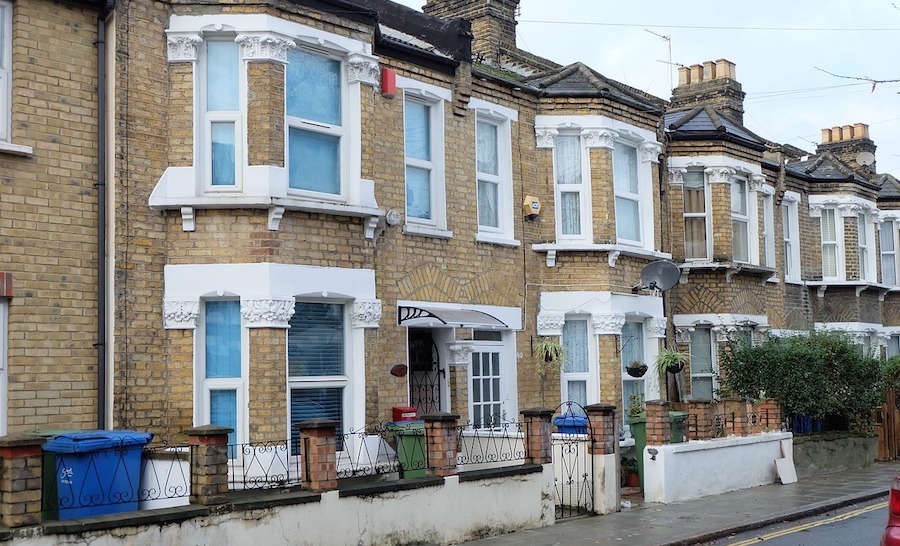This update is by economist Chris Worthington, who is a regular PIM speaker.

Market Review
This month’s edition reviews the BTL market in 2019. Here are the key findings:
- There is continuing shortfall in the supply of new housing in England.
In the 2017 budget the government raised its house building target for England to 300,000 per year.
A total of 173,660 new homes were built in the year ending June 2019.
The most recent government target is to build a million new homes by 2024. Based on the current rate of house building that seems unlikely to be met. As ever, investment by BTL investors will meet a significant share of the shortfall. - Commentators have highlighted the possibility of a flood of properties onto the market when as we leave the EU, from owners who held back from selling before Brexit.
This could reduce prices, but given the pent up demand for housing the impact may be relatively small.
Liam Bailey, Head of Research at Knight Franks commented “the conservative landslide will pave the way for the release of pent up demand in the property market. However the impact on the housing market is not assured and there could be downward pressure on prices leading to a standoff between buyers and sellers as the market reprices.” - The latest UK Cities House Price Index published by Zoopla and property analyst company Hometrack reported that the national average year on year increase in house prices was 2.2% compared with 2.4% in the previous year.
Price growth has slowed to more sustainable levels, as the market adapts to a changing profile of demand, resulting from tax and policy changes and increased mortgage regulation. - According to the latest Rental Market Report average rents in the UK are rising at their fastest pace for three years.
The average rate of year on year rental growth in the UK was 2.0% up from 1.3% in the previous year. - The Tenant Fees Act 2019 came into force on 1st The act introduces a ban on tenancy set up fees, viewing fees, credit check fees, inventory check fees, check out fees and fees for professional cleaning services.
However some payments are still permitted at the start of a tenancy, including rents in advance, deposits and holding deposits and fees are still permitted for variations in a tenancy agreement.
For landlords it is another cost on top of the stamp duty surcharge and the reduction in mortgage interest tax relief.
All of that will cause upward pressure on rents and will potentially reduce the supply of rented accommodation if smaller landlords decide to sell up. - Looking forward t0 2020, my view is that as we leave the European Union, there will be enhanced increase on house prices over time, because of reduced uncertainty on the part of both buyers and sellers.
Turning to rents, year on year rental growth will be sustained because the continuing undersupply of new housing will generate strong demand for rented property from tenants.
Happy New Year!
Our Next Property Meeting
We will all be discussing the latest position on the property market in Bristol and across the UK at our next PIM on Thursday 30 January 2020 at Future Inn, Bristol, BS1 3EN.
We hope you will join us then.
For more info and to reserve your place Click Below


Leave a Reply